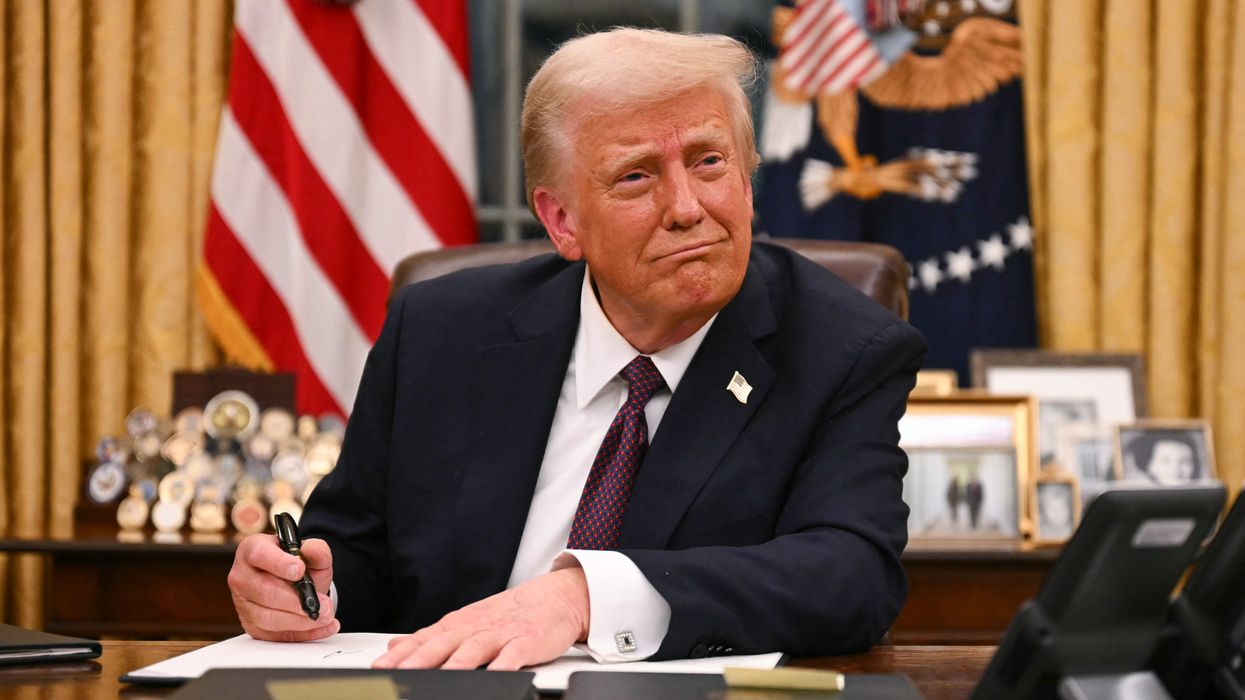DONALD TRUMP signed a set of executive orders on Wednesday aimed at US universities, focusing on foreign donations, college accreditation, and diversity and inclusion initiatives.
One order directs the federal government to enforce existing laws requiring universities to disclose large foreign gifts. Another addresses accreditation, which Trump has described as a “secret weapon.”
Reading the orders aloud, White House staff secretary Will Scharf said accrediting bodies have promoted “woke ideology” over merit.
Education secretary Linda McMahon said, “We should be looking at those who have real merit to get in, and we have to look harder at those universities that aren’t enforcing that.”
The administration has taken actions since 2017 to reshape higher education, including threats to funding, bans on diversity programmes, and detaining international students.
More than 150 university presidents signed a statement this week criticising what they called “unprecedented government overreach.”
Harvard University, named by Scharf, has sued the government over potential funding cuts, The Guardian reported.
A White House statement said the new orders allow federal action against accreditors for poor performance or civil rights violations.
Trump also announced an initiative on historically black colleges and universities and signed orders on AI education and workforce development.





